Zero-G: Green Space
William Shatner and Jeff Rovin
Book
In the second installment of William Shatner's Zero-G series, Director Samuel Lord must identify a...
Adam Green recommended track This Springtime by Turner Cody in 60 Seasons by Turner Cody in Music (curated)

Babylon Berlin
TV Show Watch
A metropolis in turmoil. From economy to culture, politics to the underworld – everything is in...
crime drama
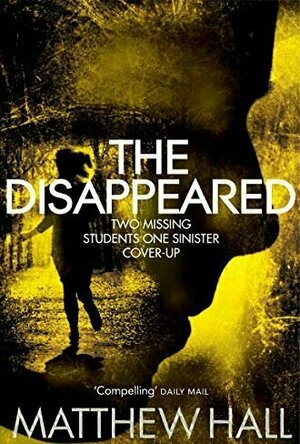
The Disappeared (Jenny Cooper #2)
Book
The Disappeared is the second thrilling instalment in Matthew Hall's gripping, CWA Gold Dagger...
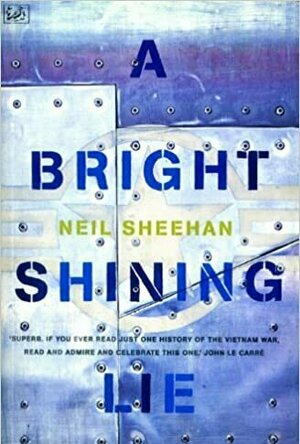
A Bright Shining Lie
Book
Outspoken, professional and fearless, Lt. Col. John Paul Vann went to Vietnam in 1962, full of...

In the Name of the Family (Borgias #2)
Book
1502 and Renaissance Italy is in turmoil. Backed by the money and wily power of his ageing father...
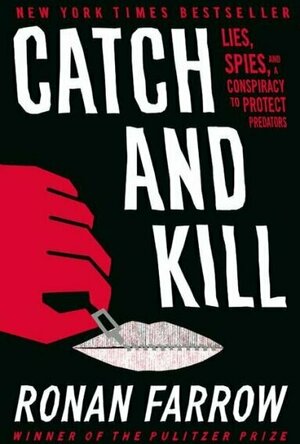
Catch and Kill: Lies, Spies, and a Conspiracy to Protect Predators
Book
In a dramatic account of violence and espionage, Pulitzer Prize-winning investigative reporter Ronan...
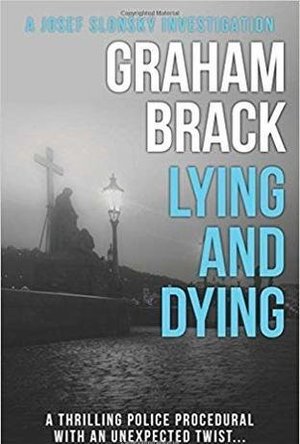
Lying and Dying (Josef Slonsky Investigations #1)
Book
What do you do when the poison comes from within…? The body of a young woman is found...
Prague Police procedural Thriller
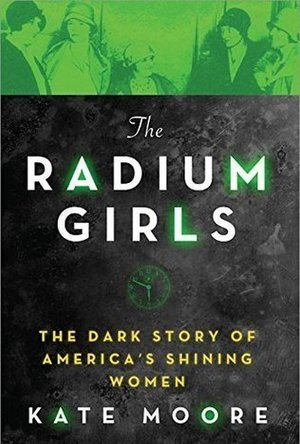
The Radium Girls: The Dark Story of America's Shining Women
Book
The incredible true story of the women who fought America's Undark danger The Curies' newly...


